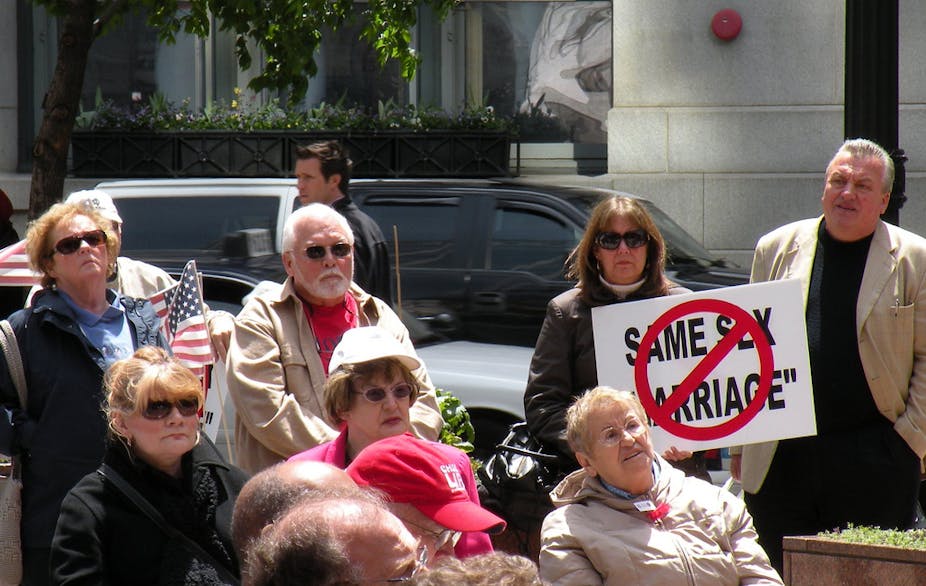Seventy years ago Swedish sociologist and Nobel Peace Prize winner Alva Myrdal pointed out in Nation and Family the generational bias inherent in democratic political systems: young voters will be old one day, but old voters will never be young again.
It is tempting to think that the degree of attention paid to pensioner poverty compared to child poverty in many countries is a continuing reflection of this. However, like many vaguely formulated ideas, there is little robust empirical evidence for it.
It is often also assumed that their accumulated experience and knowledge also renders older people more conservative, with either a lower or upper case “C”, in their social and political attitudes. Conversely radical or innovatory ideas are supposed to come from the young and capture their imagination. “If you’re not a communist when you’re young you have no heart; if you’re still a communist when you’re old you have no head.”
Ipsos Mori recently looked at support for the two main political parties by generation. For Labour there was virtually no difference. For the Conservatives the gap across generations narrowed to around 5% at the time of the last general election: hardly evidence of a generational split.
Political attitudes can be remarkably uniform across cohorts, age groups and periods. Since 1983 the British Social Attitudes Survey (BSAS) has asked people their opinion on whether the “National Health Service should be available only to those with lower incomes … with others taking out medical insurance …” The resounding answer is no. And opposition to this idea just doesn’t vary.
What about views on homosexuality? It’s a good issue to consider because it is one where both attitudes and the “institutional” environment for them have changed rapidly, so we might expect older people to be left behind by such change. The table below, based on analysis of the BSAS, shows the proportion of all adults in Britain who say that sex between adults of the same sex is “not wrong at all” over a 28-year period across seven age categories.

When BSAS first fielded the question in 1983, homosexual acts between men over 21 “in private” had been legal in Northern Ireland for just 12 months. In 1987, in the wake of moral panics about HIV, the UK parliament passed the infamous “Clause 28” which prohibited “the teaching in any maintained school of the acceptability of homosexuality as a pretended family relationship”.
In the face of determined opposition from the House of Lords, parliament gradually dismantled the discriminatory treatment of homosexuality, repealed Clause 28 and finally, in 2013, passed the Marriage (Same Sex Couples) Act.
Studying the table reveals that not only how old a respondent is, but when they were born is relevant. Throughout this period, at any point in time, older men and women are indeed more “conservative”. At first sight this age gradient has increased, but this has been caused by the rapid change in the attitudes of younger adults.
However over the life course, attitudes seem, if anything, to become more liberal as we age, especially for women. It is not very easy to distinguish the noise generated by small samples from the signal produced by tracing synthetic age cohorts (different samples are drawn for each survey) but we have little evidence here for ageing itself producing conservatism.
Just like their younger peers, old people are very capable of simply changing their minds. And their views and influence in terms of policies like health, the NHS, social care and welfare, can be open and liberal – or not.

